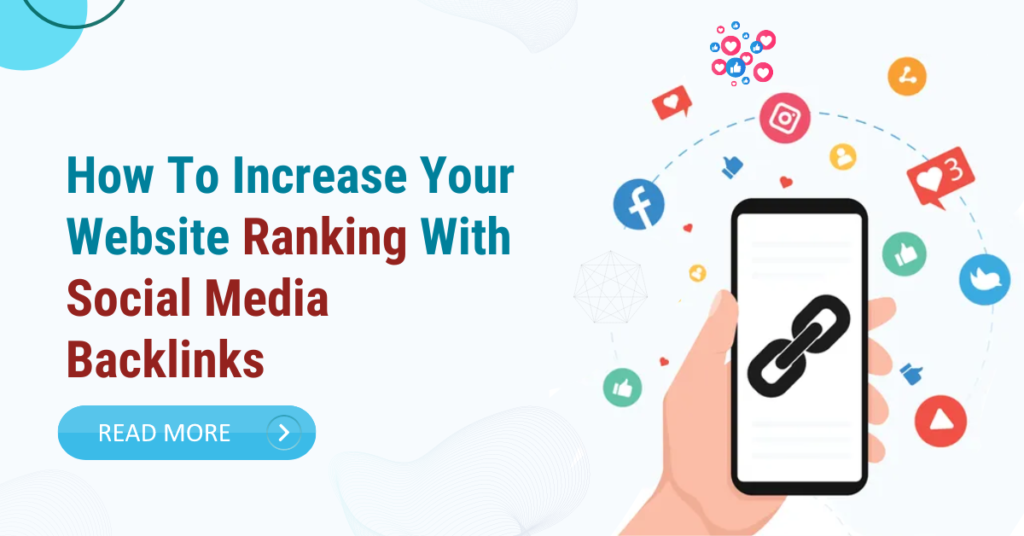Marketers can lose a large chunk of their potential customers if they ignore social media backlinks. People can easily reach a website by clicking the link mentioned on the Newsfeed. Social Media can be one of the key players in SERP ranking factors. To know how the social media clicks that are coming from social media backlinks can be easily tracked with UTM parameters and Google Analytics. For example, for a link on the LinkedIn profile, Google Analytics would be able to tell about the clicks on the website from the LinkedIn profile from each of these sections: contact info, projects and publications. The information that can be fetched is: – Acquisitions >
Campaigns > All Campaigns
But on any social network, UTM parameters can only be used if the URL is shortened with Bit.ly or a similar service.
Here are some of the platforms where links can be added to social profiles, pages and groups.
- LinkedIn –
- Up to three links (company, blog, website, etc) can be added to the LinkedIn profile’s contact info tab, which will appear at the top of the profile for non-logged-in users. Clicks from these links can be tracked by the UTM parameter.
- The website link can be added to the LinkedIn profile like the featured and posts sections. A direct link can be put from the LinkedIn profile to the website landing.
- As a part of your basic information, LinkedIn company pages have the option of entering the website URL.
- A website link can be added to the group information while setting up the Linkedin Group. This information will by default appear on to anyone, irrespective of group members.
- Facebook –
- When a Facebook profile is visited, the particular website can be easily accessed. Add the website link in the website field under Contact and Basic Info on the About tab. Once done, make sure to mark this field as public, so that everyone regardless of your contact list can view this.
- Adding a website URL to a Facebook post can help to easily drive traffic to the website.
- Facebook page buttons work as a call to action for the followers. A link back to the website can be added to the Page Button.
- When someone clicks on the cover photo or the profile photo on Facebook, they get a description box, where the website link can be easily added.
- Website links can be easily attached to the Facebook group description.
- The post on the Facebook Group can be pinned on the top for easy view of the link when anyone visits the page.
- Twitter –
- While setting up the Twitter profile, a website link can be entered, which will appear as a clickable link on the profile page.
- The link can also be included in the Twitter bio of160 characters. This link in the bio will also appear in search results on Twitter.
- A website link can also be included while sharing photos and videos on Twitter. When anyone clicks on the thumbnail, they will get this URL in the description box.
- Instagram –
- A website link with icons can be added to an Instagram profile for catching visitors’ attention.
- As stories on Instagram are not permanent, so the link added to it will disappear after a time frame.
- Youtube –
- In the youtube about us section, the Website link can be added in two places. One with the description of the channel, and the other below the header image.
- While uploading videos on youtube, descriptions of the videos are a must. The website link can be added in this description, which is clickable when hovering over it.
Conclusion :
The process of building links through various social media platforms is referred to as Social media link building. Thus to increase your website traffic one of the crucial roles is played by Social Media Links.

